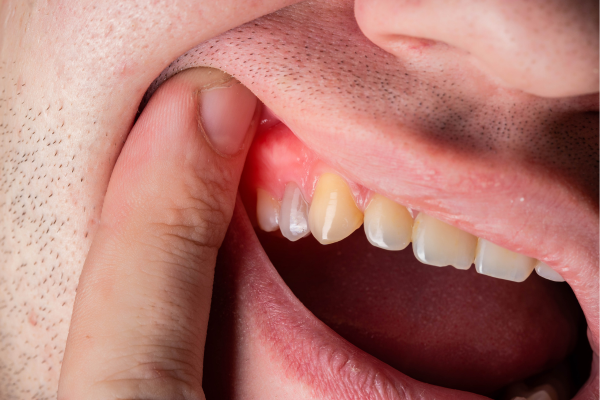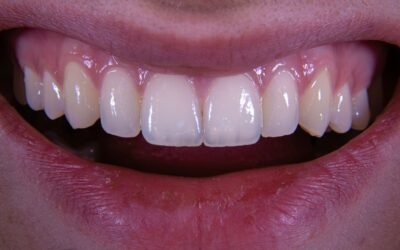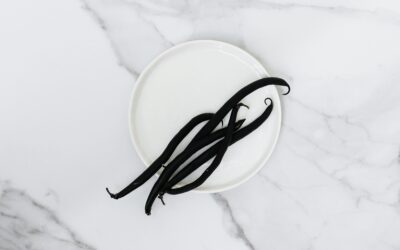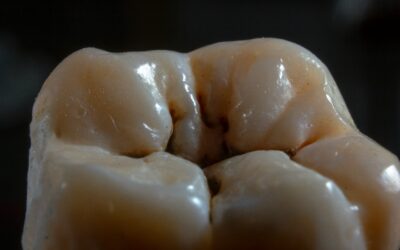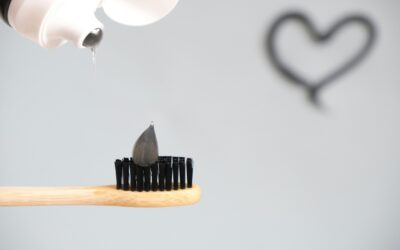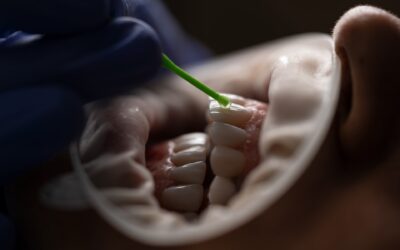Noticing blood in the sink after brushing your teeth can be alarming, especially if it happens regularly. For many people, the sight of pink-tinted saliva or red streaks when spitting after brushing raises immediate concern – is this normal? Should you be worried?
The short answer is no, it’s not entirely normal – but it’s also not uncommon. Many people experience concerns about bleeding gums, and the good news is that in most cases, it’s treatable and preventable. Understanding the reasons behind spitting blood when brushing teeth is the first step towards healthier gums and a confident smile. In this article, we will examine why you might be spitting up blood when brushing your teeth and how to prevent bleeding gums in the future.
Why Am I Spitting Blood While Brushing My Teeth?
Bleeding gums are often a sign that your gums are inflamed or irritated. While it may seem like a sudden issue, it usually develops gradually due to poor oral hygiene or inconsistent dental care. The act of brushing your teeth, especially if done vigorously or with a hard-bristled toothbrush, can aggravate already sensitive gums which leads to bleeding.
However, the cause isn’t always how hard you’re brushing or which toothbrush you’re using. Bleeding gums can also point to underlying issues such as plaque buildup, gum disease or even a medical condition that affects clotting. That’s why it’s essential not to ignore this symptom, even if the bleeding seems minor or infrequent.
Is It Normal to Spit Blood When Cleaning Teeth?
Bleeding when brushing or flossing is not considered a healthy response. While many people experience this at some point, particularly if they haven’t flossed in a while or have recently changed toothbrushes, spitting blood when cleaning teeth is a sign that the gums need attention.
Healthy gums don’t bleed, even with thorough brushing. If your gums bleed frequently, it could be an early indication of gingivitis (the mildest form of gum disease), which if left untreated can progress to more serious conditions like periodontitis.
What Are the Common Causes of Bleeding Gums?
There are several reasons why you might be spitting up blood when brushing your teeth:
1. Gum Disease (Gingivitis or Periodontitis)
Bleeding gums are one of the earliest signs of gum disease. Gingivitis, the mildest form, results from plaque building up around the gumline. If not treated, it can advance to periodontitis, a more serious condition where the bone and tissues supporting your teeth start to deteriorate.
2. Plaque and Tartar Buildup
Plaque is a sticky layer of bacteria that naturally forms on your teeth. If it’s not cleaned away daily, it hardens into tartar. This irritates the gums and leads to bleeding, especially during brushing.
3. Brushing Too Hard or Using the Wrong Toothbrush
It might feel like brushing harder will clean your teeth better, but it can actually harm your gums. Using a toothbrush with firm bristles can cause your gums to become damaged or recede, which can also trigger bleeding.
4. Infrequent or Improper Flossing
If you’ve just started flossing after a long break or don’t floss regularly, your gums may bleed initially. This is usually temporary but is also a sign that plaque and bacteria have built up in those areas.
5. Hormonal Changes
Pregnancy, puberty and menopause can all affect how your gums respond to plaque. During these times of hormonal changes, gums may become more sensitive and prone to bleeding.
6. Vitamin Deficiencies
Lack of vitamin C (which supports tissue repair) or vitamin K (which helps with blood clotting) can contribute to bleeding gums.
7. Medications
Some medications, such as blood thinners, can make you more susceptible to bleeding gums. Always inform your dentist of any medications you’re taking.
How Serious Is Spitting Blood While Brushing Teeth?
The seriousness depends on the cause. If it’s an occasional occurrence after some vigorous brushing, then it may not be urgent. However, if you find yourself gums bleeding frequently when brushing teeth or flossing – especially if it’s accompanied by bad breath, gum tenderness or gum recession – it could point to active gum disease.
Left untreated, gum disease can lead to tooth loss and has even been linked to systemic conditions such as diabetes and heart disease. So, even if the bleeding seems minor, it’s not something to ignore.
How to Prevent Bleeding Gums When Cleaning Teeth
If you’re spitting blood while brushing teeth, the best approach is to identify and address the root cause. Here are some practical steps you can take at in your daily life to dry and address the issue and determine if the cause of your bleeding gums is lifestyle-related rather than medical:
- Improve your brushing technique – Use a soft-bristled toothbrush and gentle, circular motions to clean your teeth. Don’t press too hard; let the brush do the work.
- Floss daily – Flossing helps remove plaque from between your teeth where a toothbrush can’t reach. Bleeding when you start is common, but it should stop as your gums become healthier.
- Visit the dentist – Professional cleaning removes tartar that brushing can’t. Your dentist can also assess whether there are any deeper issues such as gum disease that need to be treated.
- Review your diet – Eat a balanced diet with plenty of vitamin-rich foods. Leafy greens, citrus fruits, and lean proteins all support gum health.
- Stay hydrated – Dry mouths are more prone to bacterial buildup, which can irritate gums. Drinking water throughout the day helps keep things balanced.
- Consider a mouthwash – Antibacterial or medicated mouthwashes can help reduce plaque and soothe inflamed gums. Your dentist can recommend a suitable option.
When Should You See a Dentist?
If you’re still experiencing bleeding after improving your brushing technique and making lifestyle changes, it might be time to schedule an appointment with your dentist. However, don’t wait for that appointment if you notice any of these warning signs – contact your dentist immediately:
- You’re frequently spitting blood when cleaning your teeth
- Your gums are red, swollen or tender
- You notice receding gums or loose teeth
- You have persistent bad breath or a bad taste in your mouth
- The bleeding doesn’t improve within a week of improved hygiene
Conclusion
Spitting up blood when brushing your teeth is never something to brush off. While it may seem like a minor issue, it often points to gum inflammation or early-stage gum disease. The good news? It’s almost always reversible with the right attention.
If you’re experiencing bleeding gums or regularly spitting blood while brushing teeth, don’t delay. Book an appointment at Cheslyn Hay Dental Practice. Our experienced team will assess your oral health, provide professional cleaning if needed and guide you on how to prevent future problems.

